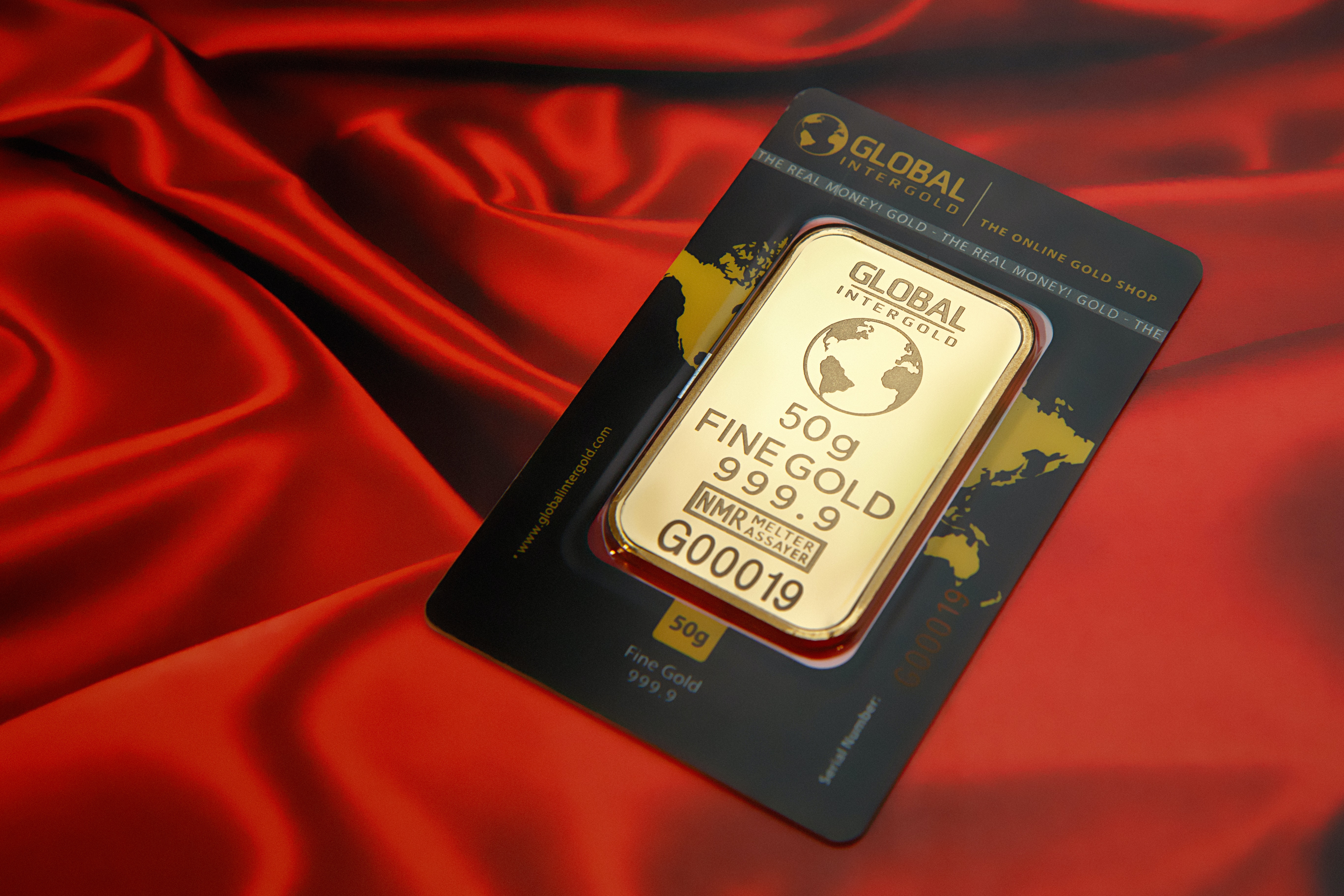If you are looking to invest in gold and have been doing some research, you will notice the term bullion used a lot, and you may not be clear what this means. There is a lot of history to the phrase, which has also changed its meaning for the modern times we live in with the way we use it. Below is the definition of bullion and some of its history that you may like to know. It would be best if you educated yourself on gold before investing in it and doing so can help you make an intelligent investment that will pay dividends.
The Origins Of Bullion
When you buy gold bars Brisbane has, City Gold Bullion is one of the many reputable companies that easily pop up on Google search, and you may wonder what the word bullion means. Bullion is a word that has been in widespread use in English and French since at least 1300 AD, although its origins stretch back even further to Roman times. Bullion has its roots in the Latin word ‘bullire’, which means to bubble or boil, and to refine gold and remove its impurities; you must melt it till it bubbles at over 1000 degrees Celsius. The old English definition of bullion was gold or silver in bulk which was uncoined and ready for further processing.
The Modern Definition Of Bullion
The word bullion can be applied to any precious metal, such as gold, silver, and platinum. However, it is not an appropriate term for other forms of metals. If you were to have pure bars of copper, steel, or aluminium, these are called ingots or billets rather than bullion. For a precious metal to be called bullion, it has three criteria it must meet, which are:
- The metal has been refined (boiled and melted) to remove impurities.
- The metal is pure.
- A refined poured mass of metal without added value by being processed into jewellery or other products.
Using the above criteria and definition of bullion, these means that many things we refer to as bullion are not.
Not All That Glitters Is Gold (Bullion)
Gold is available in many forms, and it is common for many people to refer to different forms of gold as bullion if you buy it for investment purposes. However, this is the incorrect use of the term. Gold coins and gold jewellery, which you may hear called bullion, are misnamed. If, after the refining process, another step has been taken to enhance the product, you cannot call it bullion.
You also find that the cost of the forms of gold mentioned above will all be higher than the price of the raw material itself, as you need to pay for the further refining and forming of the gold. The only exception to this is minted gold bars, which are classed as bullion, but they require additional refining. However, they are designed so that there is no additional subjective value added to the bars, with the design being simple and understated. If you are going to invest in bullion, it will come in the form of a bar or brick, and anything else just isn’t bullion.



